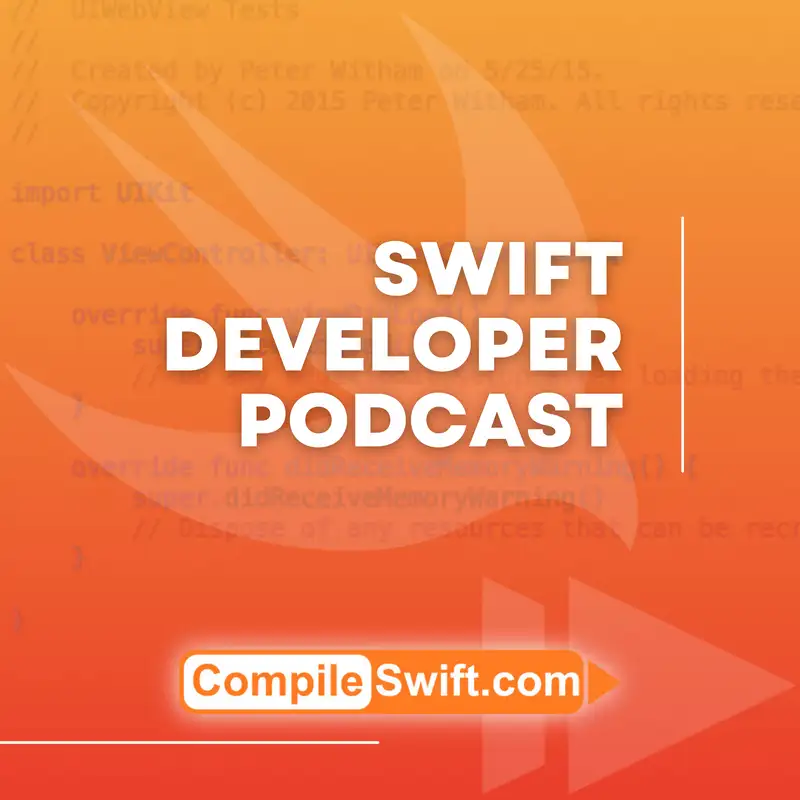How to communicate and educate people at all levels of understanding.
Hey everyone, welcome to another episode of the CompileSwift Podcast. I'm Peter Whittum, your host, and you can find this podcast at compileswift.com.
In this episode, I want to talk about something that may seem a bit off topic at first, but it's actually really important. I want to address those of you who share information and teach others, which, let's be honest, should be all of us.
What I'm talking about is the way we communicate and pass on information to fellow developers, people who want to get into development, and experienced developers at any level. It's all about having effective conversations and communication.
So, I thought I'd share some tips on how to effectively communicate information to others. I know it may seem unrelated to our usual topics, but communication is a huge part of what we do as developers. It's not just about writing code.
Let's dive into a few tips. The first one is key to all the other tips and how you approach these conversations: know your audience. This doesn't mean knowing them by name, but understanding where they're coming from in terms of their learning perspective, knowledge level, and preferred communication style.
For example, if you're talking to someone who has zero understanding of programming, using complex terminology right from the start will only confuse them. It's important to use language and concepts that they can grasp and build upon. On the other hand, if you're talking to advanced developers, you can use more technical terms and assume a certain level of understanding.
Always adapt your explanations to the level of knowledge and comprehension of your audience. It's not easy, but with practice, it becomes easier to gauge and adjust accordingly.
Another tip is to show the long form version of code examples, especially when teaching or explaining concepts. While optimized versions may look cool, they can be confusing for those who are not familiar with them. Start with the long form version that provides more context and understanding, and then offer the optimized version as an alternative.
Lastly, always be open to finding different ways to explain the same thing. People learn and understand things differently, so having alternative explanations increases the chances of someone grasping the concept. Be prepared to answer questions and provide additional explanations if needed. Remember, the goal is to help others understand, not just to show off your knowledge.
I hope these tips have been helpful to you. Communication skills are just as important as technical skills, and they will help you become a better teammate and teacher. If you have any thoughts or feedback, please let me know. Take care, and I'll speak to you in the next episode.
